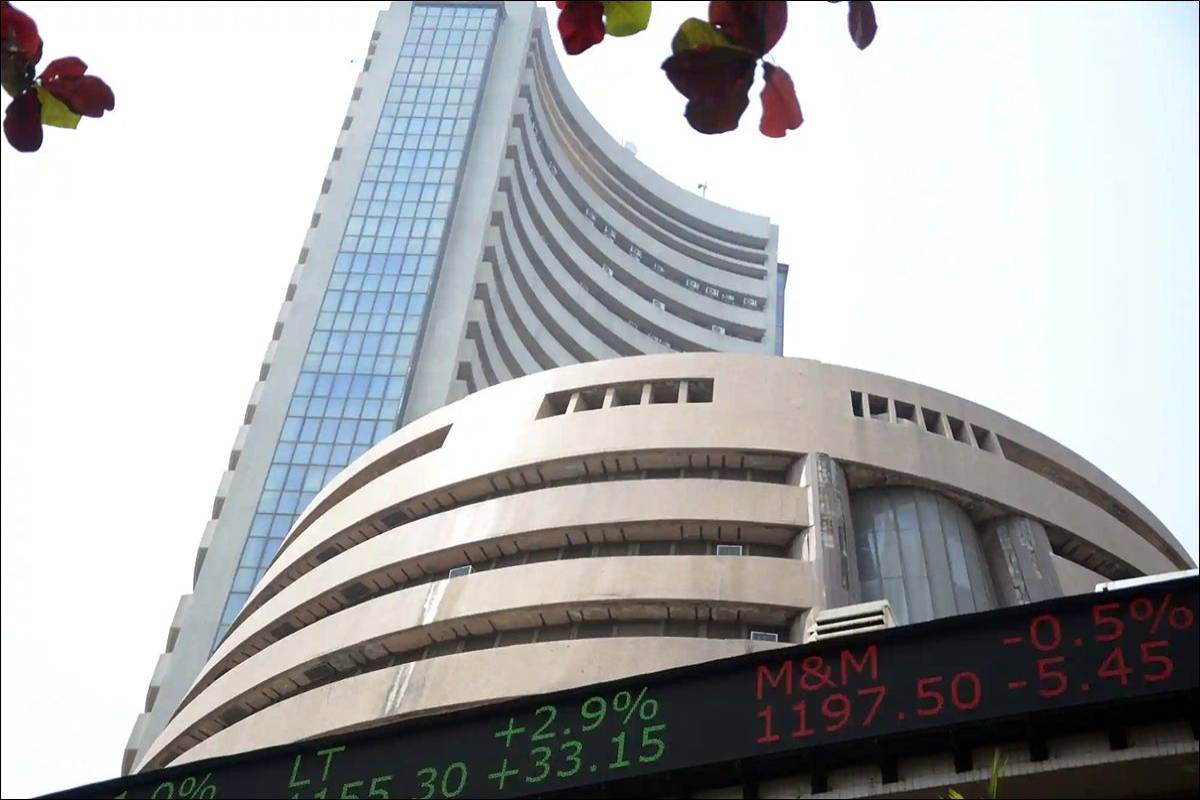In the midst of a global pandemic and economic uncertainty, India has witnessed an unprecedented surge in retail investors flocking to the stock market. The numbers speak volumes. From just 31 million individuals registered to trade on the National Stock Exchange in March 2020, the figure has ballooned to over 90 million unique accounts today. This dramatic shift in behaviour reflects a seismic change in India’s middle-class culture of saving, where traditionally, lowrisk assets like gold and real estate dominated investment portfolios. Several factors have converged to fuel this phenomenon. First and foremost is the rapid expansion of India’s digital infrastructure, coupled with widespread internet access. Government initiatives have streamlined processes, allowing individuals to open bank and trading accounts in minutes and facilitating frictionless digital payments.
Furthermore, the pandemic served as a catalyst, forcing households to re-evaluate their financial strategies and seek avenues for higher returns on savings. Investment platforms have capitalised on this momentum, offering user-friendly interfaces that have democratised stock market participation like never before. Moreover, years of aggressive advertising by the mutual fund industry have ingrained in the Indian psyche the notion that equities are a viable means of wealth accumulation. This, coupled with a buoyant market fuelled by robust GDP growth and a sense of national economic optimism, has created a perfect storm of investor enthusiasm. However, amidst the euphoria lies a palpable sense of caution. Market observers, including the Securities and Exchange Board of India, have sounded alarm bells about the dangers of speculative behaviour and overvaluation.
Advertisement
The influx of inexperienced investors, drawn in by social media influencers touting get-rich-quick schemes, has raised concerns about market stability. The surge in registrations, particularly among first-time investors, has led to fears that many may be ill-prepared for market downturns and could face significant losses, potentially souring their appetite for equity investments in the long term. While the influx of retail investors into the stock market represents a democratisation of wealth creation and a departure from traditional asset allocation strategies, it also underscores the need for greater investor education and regulatory oversight.
As the market regulator urges caution and asset managers counsel against speculative excess, it is imperative that investors approach the stock market with a measured understanding of the risks involved. Ultimately, the rise of India’s retail investors is a double-edged sword. While it signals a burgeoning appetite for wealth creation and financial independence among the middle class, it also poses challenges in terms of market stability and investor protection. As India’s economy continues to evolve and its stock market expands, striking a balance between enthusiasm and prudence will be essential to ensuring sustainable growth and prosperity for all stakeholders.
